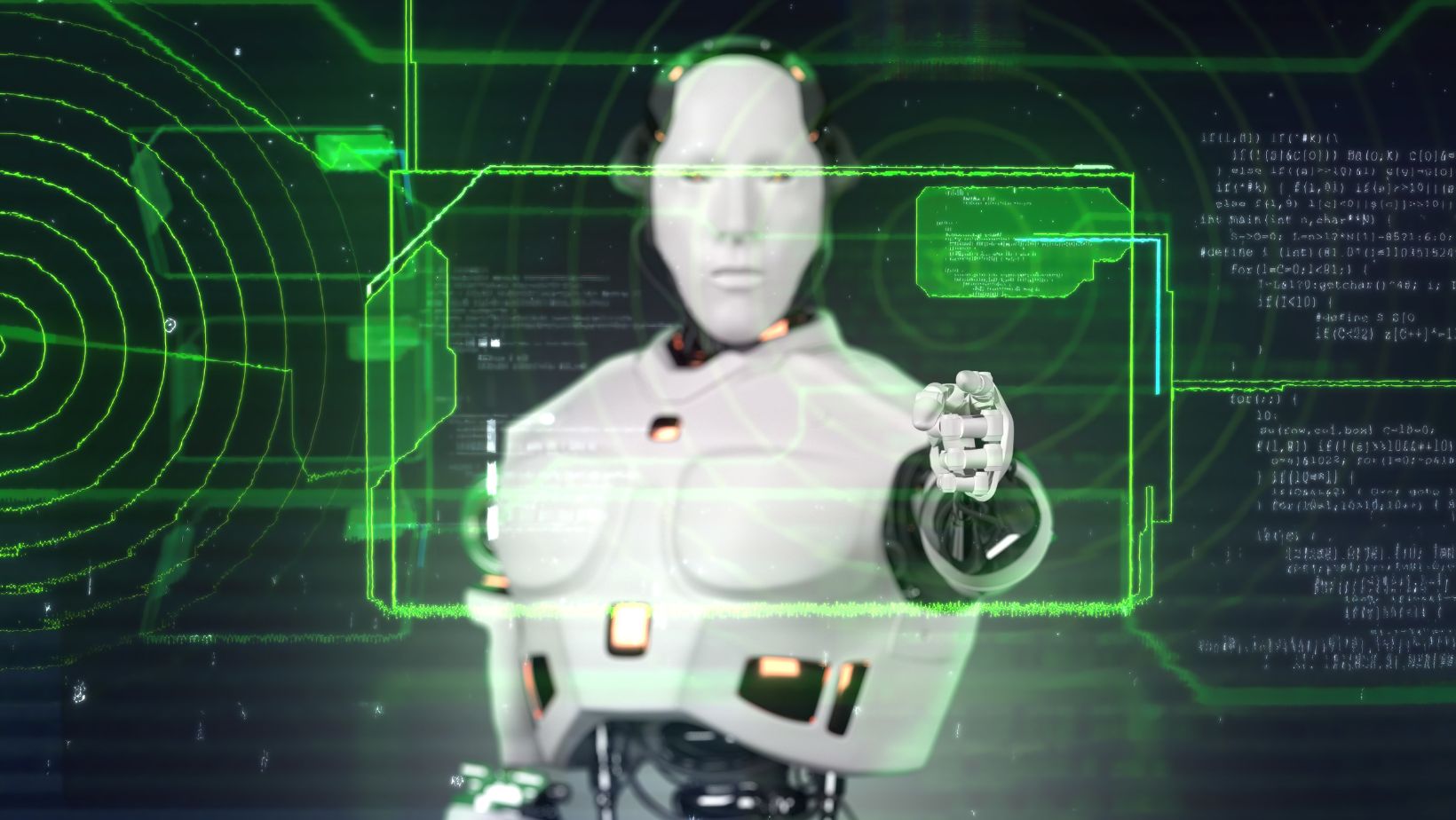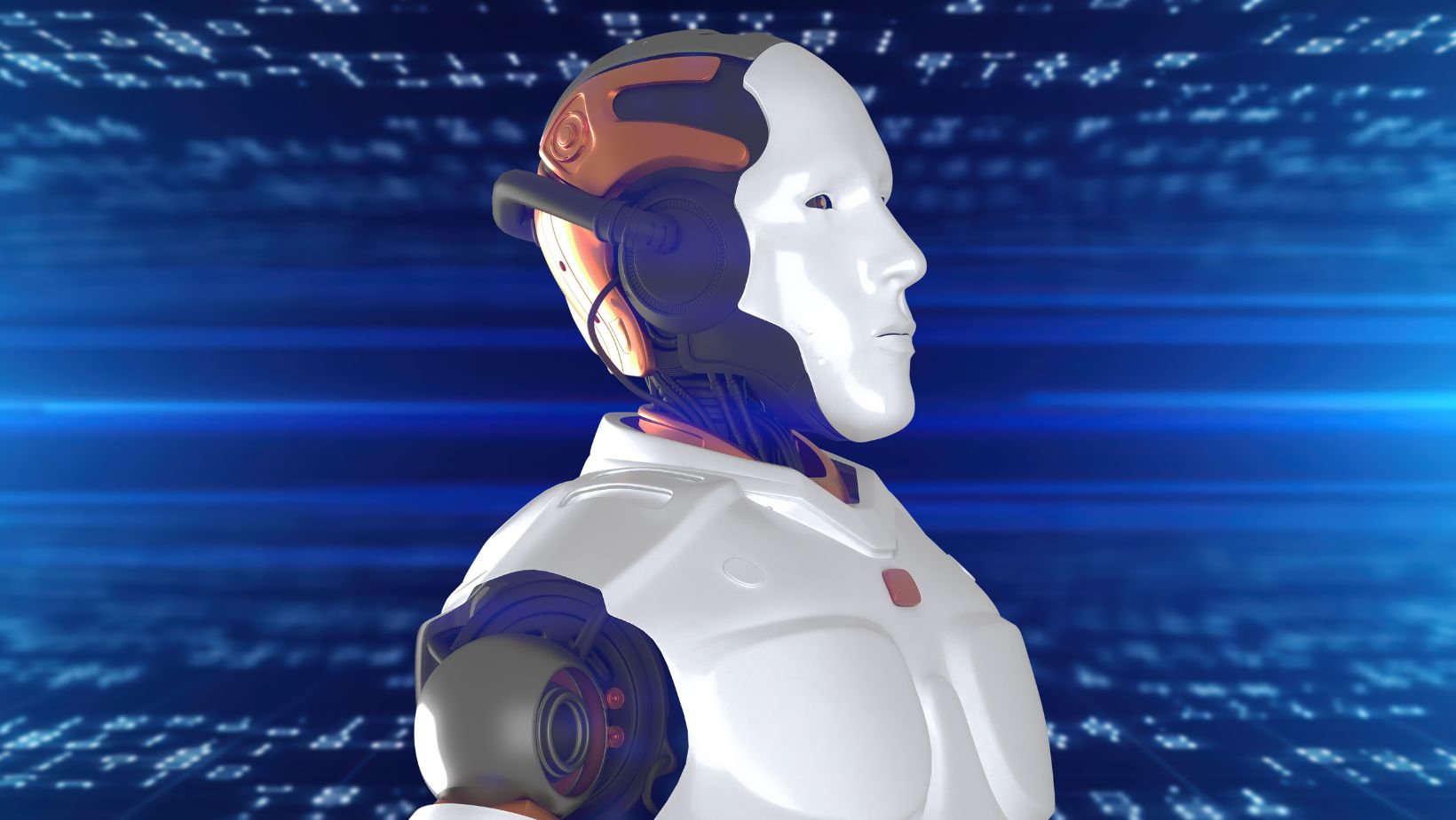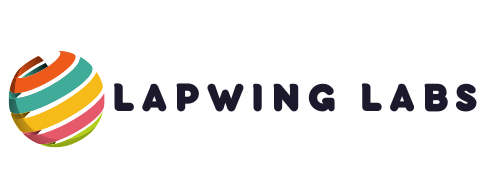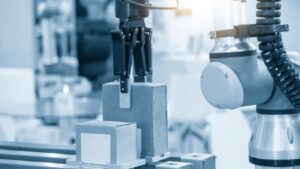Technology trends such as mobility, big-data analytics, social media, and cloud computing are unraveling an incredible transformation across sectors that is revolutionizing how these companies function, create, and offer value to their clients. As we advance with more of the digital timeline, artificial intelligence (AI), cloud storage and computing, Blockchain technology, and the Internet of Things (IoT) turn economies and industries into advanced levels with overwhelming possibilities. These already existing advancements are not only primarily improving efficiency and effectiveness but also preparing ground-breaking advancements to come, which will change the face of the earth.
Artificial Intelligence and Automation
Artificial intelligence and automation are arguably two of the most transformative forces, changing almost every sector. In sectors such as medicine, financial services, and even manufacturing, Artificial Intelligence has aided decision-making processes, improved operational efficiency, and minimized operational costs.  For instance, Artificial Intelligence tools can help sift through and analyze institute data to forecast industry trends, manage logistics, and even assist in medical diagnosis catapulting above human capabilities. While some operations like call centres answering frequently asked questions or data entry are being automated, businesses are limiting the deployment of their human capital in the less complex and less value-adding activities.
For instance, Artificial Intelligence tools can help sift through and analyze institute data to forecast industry trends, manage logistics, and even assist in medical diagnosis catapulting above human capabilities. While some operations like call centres answering frequently asked questions or data entry are being automated, businesses are limiting the deployment of their human capital in the less complex and less value-adding activities.
Cloud Computing: The Backbone of Innovation
In today’s world, cloud computing is at the core of all business processes. The rise of cloud-based solutions such as Azure Virtual Desktop has enabled businesses to provide safe, adaptable, and economical remote operational capabilities. Workers can now access company information and systems regardless of location, which is vital in the era of remote work during the COVID-19 pandemic. This makes it easy for companies to hire workers from different countries, ensure a healthy work-life balance for the employees, and minimise the costs of maintaining a physical office.
In addition, cloud services give corporations the possibility to expand very rapidly and effectively utilising computing resources without the necessity of making large initial equipment acquisitions. This kind of scalability enhances creativity since firms can try out new ideas and technologies without being limited to the confines of the structure.
The Internet of Things (IoT)
The IoT is connecting billions of devices worldwide, revolutionising industries from healthcare to transportation. IoT devices, such as wearable health monitors, smart home systems, and connected vehicles, are creating a more efficient, data-driven world. In healthcare, IoT-enabled devices allow for continuous patient monitoring, improving outcomes and reducing hospital readmission rates. In transportation, IoT is being used to optimise traffic management, reduce fuel consumption, and enhance safety through connected vehicles.
In transportation, IoT is being used to optimise traffic management, reduce fuel consumption, and enhance safety through connected vehicles.
Shaping the Future
The advent of advanced technologies is revolutionising the outlook of various sectors by enhancing productivity and efficiency, allowing remote and flexible working practices, and propelling innovations that make life easier and better. The ongoing progress of artificial intelligence, cloud computing, and the Internet of Things will provide organisations with evermore sophisticated means to address intricate issues, tailor solutions to the demands of individual customers, and establish resilient and progressive enterprises. The introduction of such solutions is not only changing businesses today but also changing the very foundations of how they will operate in the eras to come.



